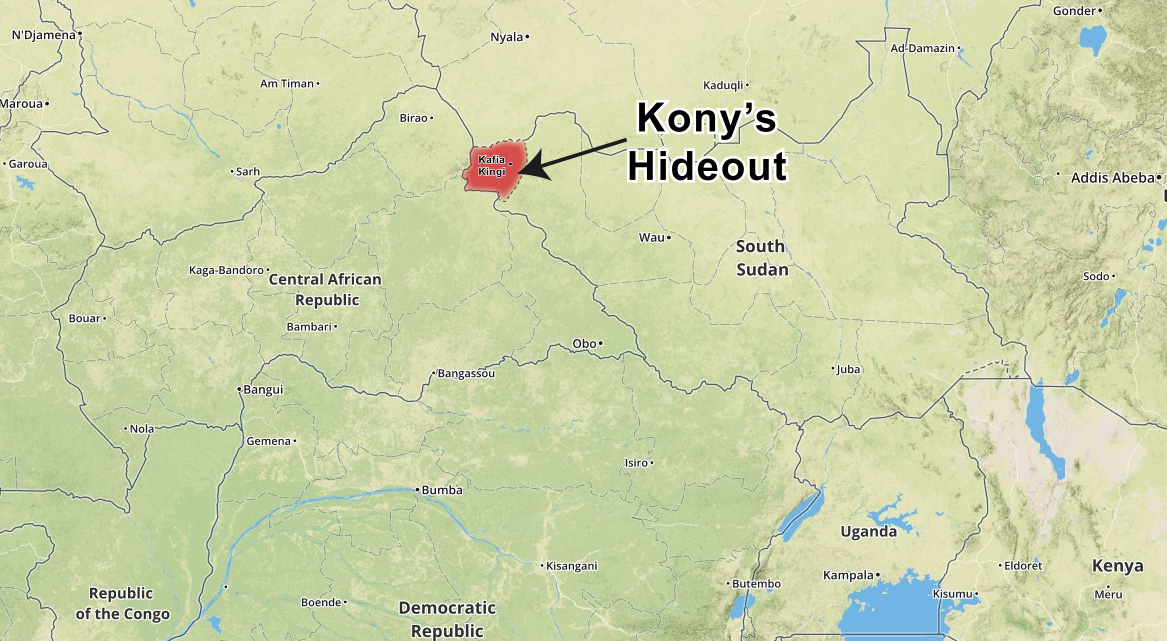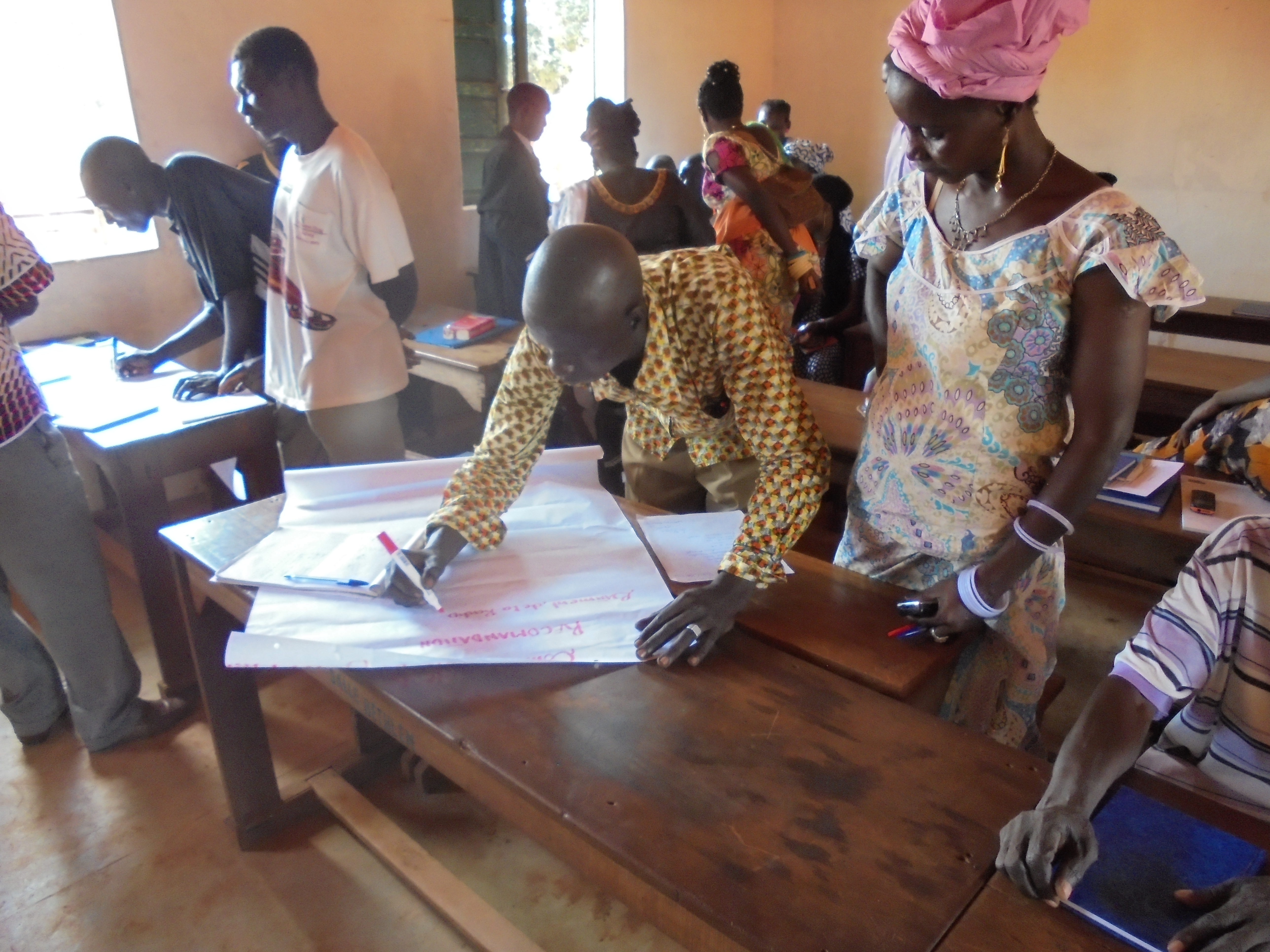Last Thursday, April 11th, was a historic day. After months of anti-government protests, the Sudanese military ousted President Omar al-Bashir from power.
Sudanese armed forces announced Bashir’s arrest, the suspension of the constitution, and up to a two-year transition period from military to civilian rule with Lt. General Awad Ibn Auf, Bashir’s former defense minister
Taken by me@lana_hago#8aprile pic.twitter.com/o7pDUsQg84
— Lana H. Haroun (@lana_hago) April 8, 2019
On the one-hand, this is a massive win for the hundreds of thousands of Sudanese citizens who have called for Bashir’s removal over the last several months — especially for the Sudanese women who have been a driving force and prominent symbol of the protests. Bashir has held onto power in Sudan for the last 30 years, despite being indicted by the International Criminal Court (ICC) in 2009 for alleged war crimes committed by his government in Darfur and international pressure related to his government’s support of terrorism.
In addition to being responsible for massive human rights violations in Sudan, Bashir played a very problematic role in the broader region for a long time. At various times, he has helped fuel conflict in South Sudan. He supported the the Lord’s Resistance Army (LRA) during the 1990s and 2000s, and in recent years has tacitly allowed the LRA’s leader, Joseph Kony, safe haven in the Sudanese-controlled Kafia Kingi enclave. Currently, some of the weapons fueling conflict in the Central African Republic (CAR) are flowing through the Sudanese region of Darfur, and Bashir’s government has done little to curb the illegal trafficking of ivory through Sudan, which has also been shown to fuel violence and conflict in places like the Democratic Republic of Congo (DRC).

On the other hand, Bashir’s removal is only the first step, and the future remains uncertain. Protesters have clearly indicated that the Sudanese military decision to suspend the Constitution and stay in power for up to two years is unacceptable. Protesters have demanded a civilian-led transitional authority. As we’re currently seeing in places like Libya and other areas, a poorly-managed transition following the overthrow of a dictator can ultimately lead to fragmentation of armed forces and increased violence and insecurity.
Bashir’s ousting and the subsequent changes that are occurring in Sudan will surely impact the lives of Sudanese citizens as well as have ripple effects on the region, including in areas where Invisible Children programs operate.
In recent years, in part to legitimize himself, Bashir has pushed Sudan to have a prominent role in peace processes in neighboring countries such as South Sudan and CAR. Sudan played a prominent role in a peace agreement signed between the South Sudanese government and opposition forces in September 2018 and an agreement signed between the CAR government and Central African armed groups in February 2019. While neither deal is perfect and implementation has been spotty, it will be important for the international community to take steps to ensure that momentum made so far on both deals is not lost with Bashir’s ouster and Sudan’s transition.
Despite the uncertainty, we remain hopeful that this is a step toward justice and greater security for the people of Sudan and for the region as a whole. As we watch what will happen in the weeks and years to come, we also continue to partner with brave community leaders in CAR, DRC, and South Sudan, supporting them in their efforts to improve safety and promote peace and justice in their own communities.

You can help support Invisible Children programs that promote peace and help Central African communities prevent violent conflict by becoming a monthly donor. Your donations will give us the flexibility to remain steadfast despite uncertainty and continue moving forward when obstacles arise.

Think people should hear about this?